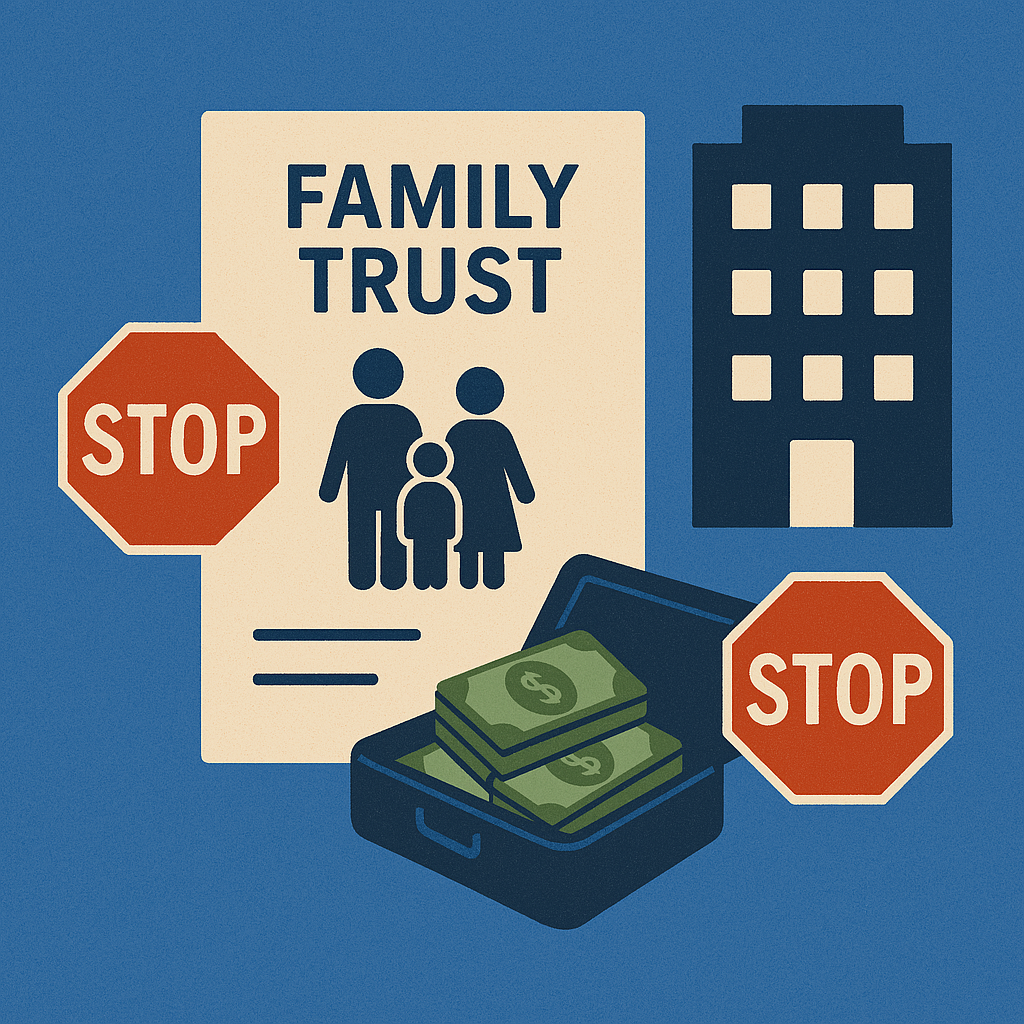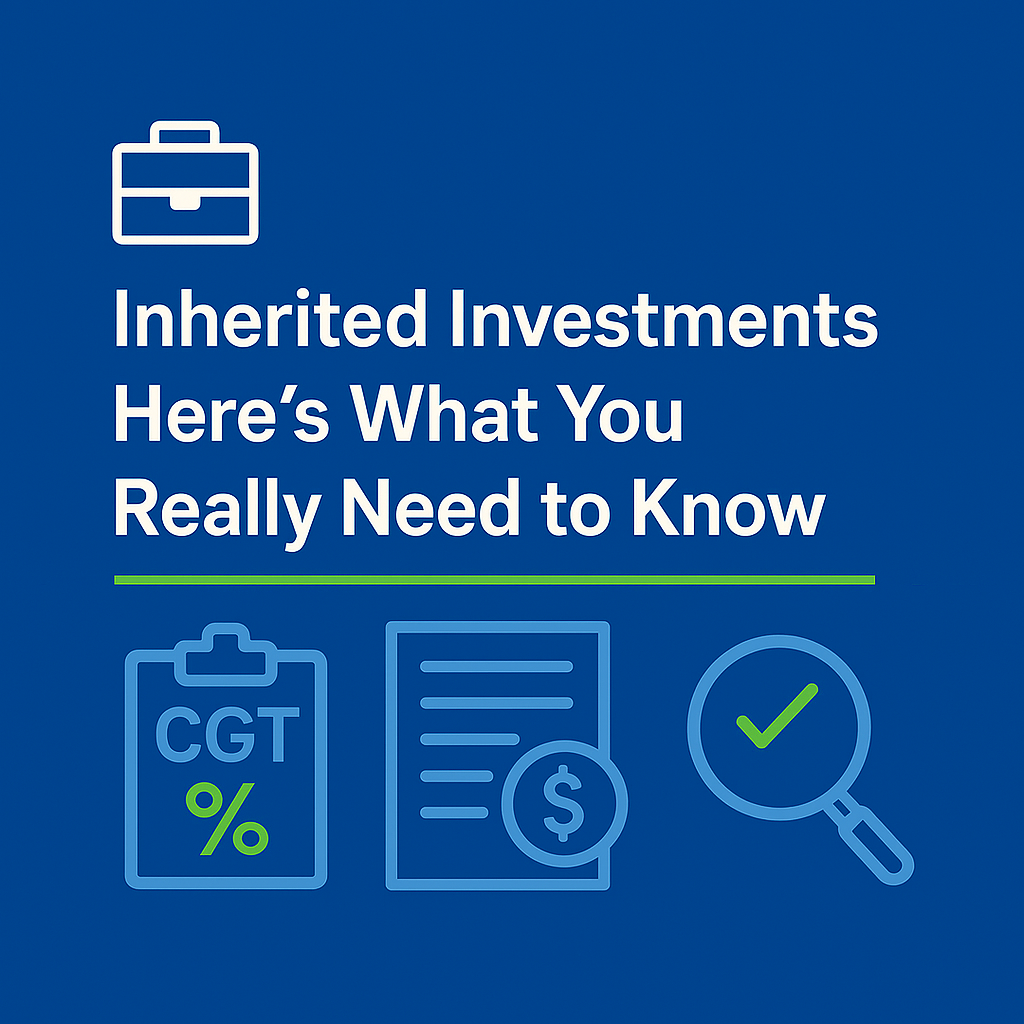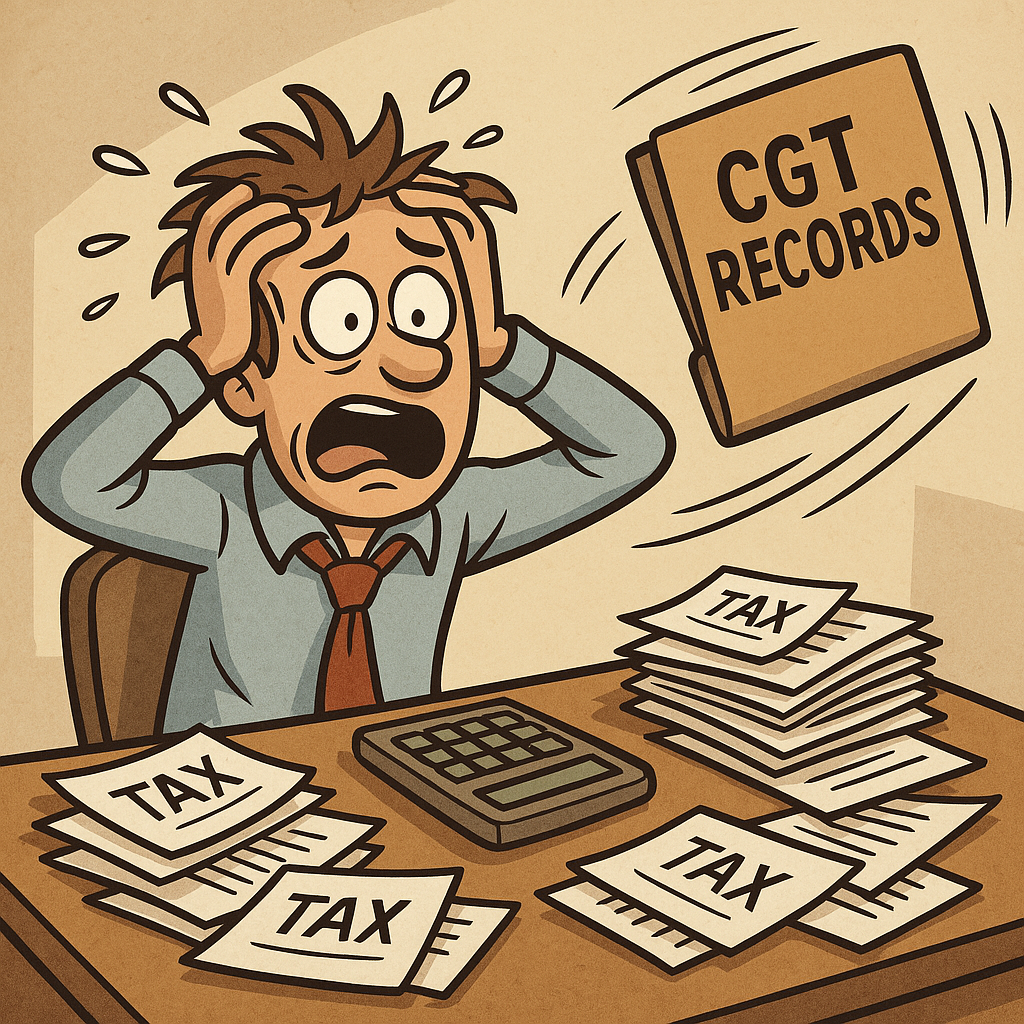Top cyber security tips for business
It is important you keep all your business, staff and client information secure. If your data is lost or compromised, it can be very difficult, time consuming, and costly to recover.
The federal government have created a list of top security tips to help keep your and your clients’ information safe.
Use strong and secure passwords
Regularly change passwords and do not share them.
Use multi-factor authentication where possible. This requires users to provide multiple pieces of information to authenticate themselves – for example, a text message to your phone when logging in to a website.
As a business owner, remember:
- multi-factor authentication puts an additional layer of security on your accounts, making it harder for others to access your account
- consider using a password that includes numbers and symbols which is easy for you to remember but difficult for someone to guess (for example, P!ne@pp1eP!zz@).
Remove system access from people who no longer need it
Immediately remove access for people who:
- no longer work for your business
- have changed positions and no longer require access.
Unauthorised access to systems by past employees is a common cause of identity security or fraud issues for businesses.
Make sure all devices have the latest available security updates
Run weekly anti-virus and malware scans and have up-to-date security software.
Instances of malicious software (malware) are increasing. It can be easy to accidentally click on an email or website link which can infect your device.
In some instances, your device may be impacted by ransomware which can:
- lock your computer until you pay a fee to the hacker
- install software which provides access to your bank accounts, allowing criminals to steal your business’s money.
Do not use USBs or external hard drives from an unfamiliar source
USBs and external hard drives may contain malware, which can infect your business computers without you noticing.
It can cost your business a lot of money to repair the damage.
Stolen information could be used to commit crimes, often in your business's name.
Be vigilant about what you share on social media
Keep your personal information private and be aware of who you are interacting with.
Before sharing, ask yourself if it is information you want strangers to have access to.
Scammers can take information you publicly display and impersonate you or your business. Impersonators may send emails to trick your staff into providing valuable information or releasing funds.
Monitor your accounts for unusual activity or transactions
Check your accounts (including bank accounts and digital portals) for transactions or interactions you did not make, or content you did not post.
If an organisation you deal with sends you an email alerting you to unexpected changes on your account:
- don't click on included hyperlinks
- don't log on to the organisation's website by using links or attachments included in the email.
You should immediately:
- check those accounts
- contact the organisation by phone.
Ensure your mail is secure
Consider using a secure PO Box.
Mail theft is a leading cause of information security breaches.











